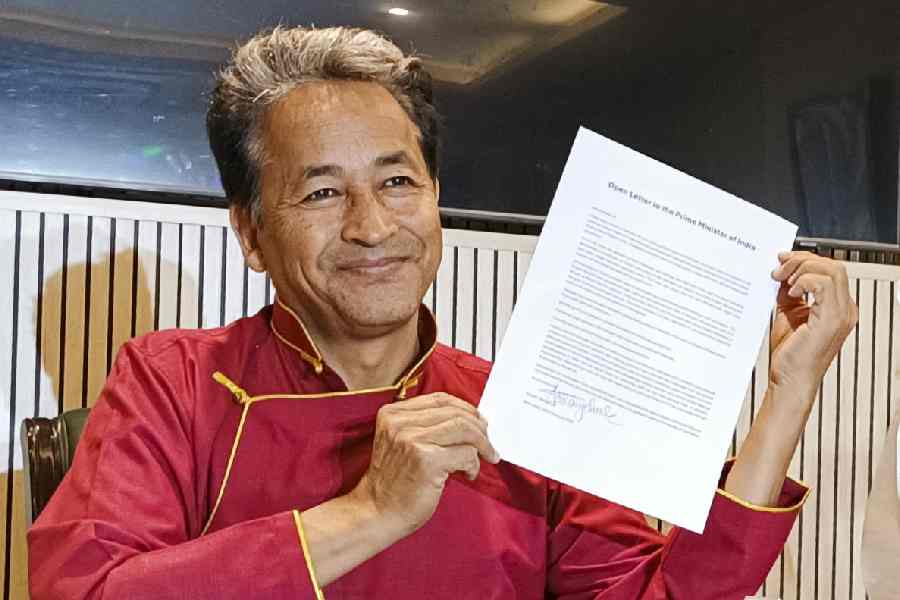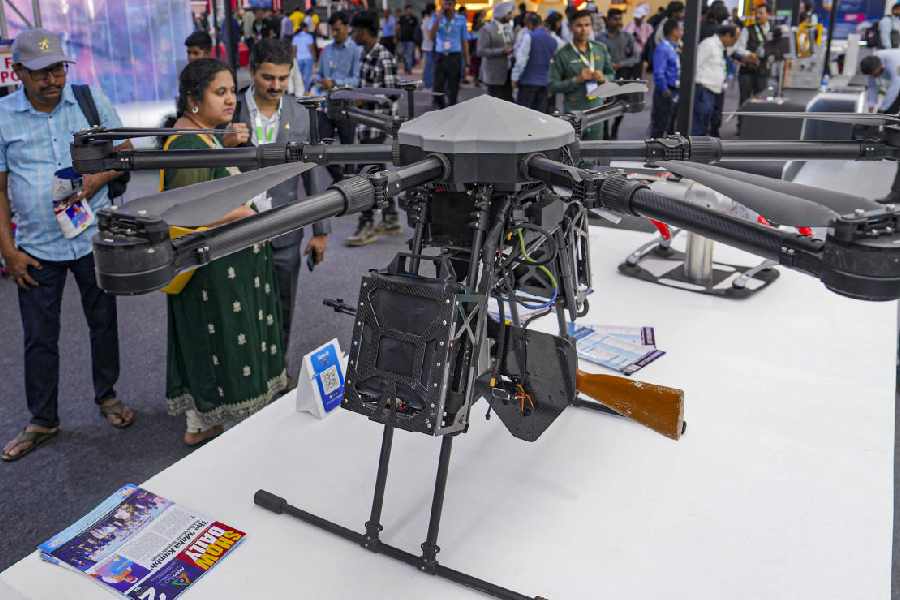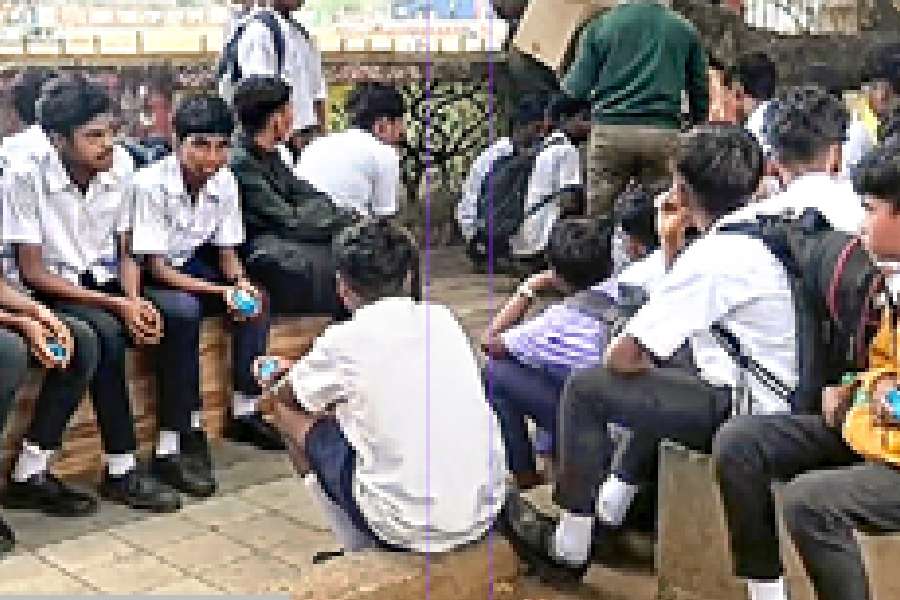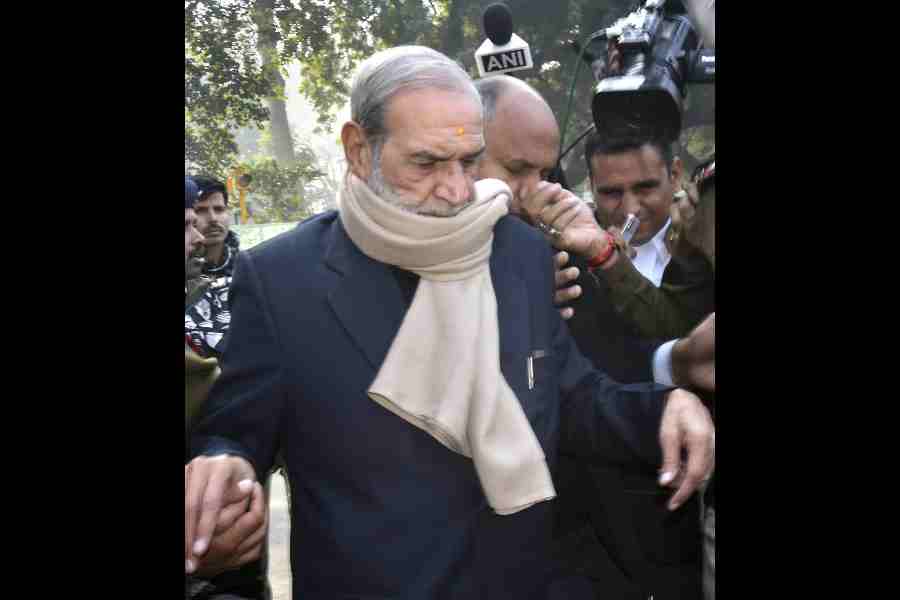Book: HOW I WRITE: WRITERS ON THEIR CRAFT
Author: Sonia Faleiro
Published: Harper Collins
Price: Rs 699
How I Write, a collection of interviews of successful authors from across South Asia, demystifies the process of writing by laying bare its intricacies. A mundane routine required for creativity to flow forth is given its due in these candid conversations. Kamila Shamsie tells Sanam Maher: “I wake up in the morning, have a cup of tea or coffee, read the newspapers, and then sit at my desk.”
Several of the interviews also shed light on the overlaps among writing, rewriting and editing. These are not separate processes carried out in a chronological order by different agents — the finished text is crafted through a meticulous collaboration among each of these elements.
It is around the question of alignment with political ideologies that the interviewees’ voices differ the most. “I don’t want politics to taint what I’m reading,” says Anuvab Pal while Pankaj Mishra says, “You have to be very clear about who you’re standing in solidarity with.” Representation is always a tricky issue and one has to be wary of “scrubbing out the complications and nuances of our existence for mass consumption”, as Mayukh Sen puts it.
The question of privilege cannot be evaded in a work such as this one. For instance, there is the issue of the ideal reader an author conceives in his or her mind and whose sensibilities he or she caters to. Sen says he had to “unlearn the idea that (his) reader was always going to be a lady named Deborah in Wisconsin”.
There is also the inherent privilege implicit in being able to read and write in English in South Asia. In a situation where English is still not entirely accessible to the masses and where the “return to indigenity project has been appropriated by the RSS and the BJP”, as Meena Kandasamy points out, how is literature written in the interests of the marginalised supposed to achieve its goal?
The book poses this and other interesting questions.










